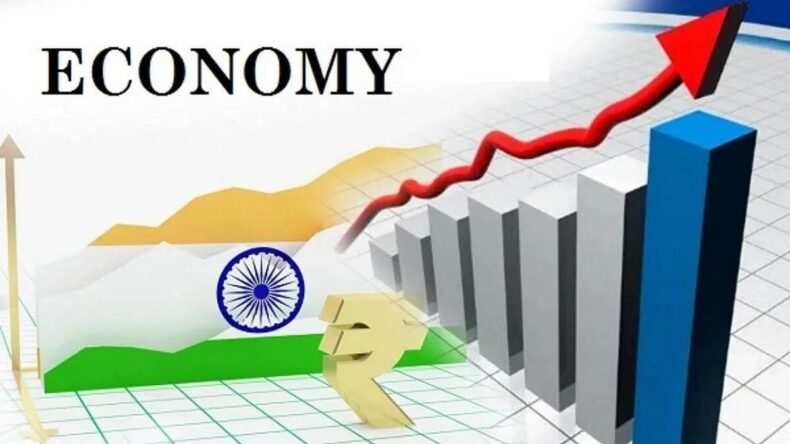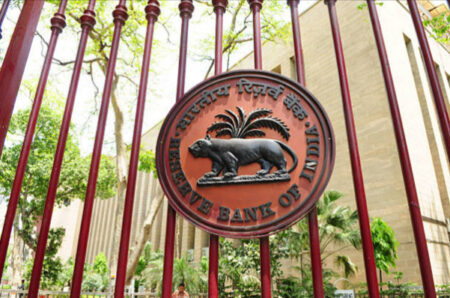By 2030, India is likely to overtake Japan as Asia’s second-largest economy. The country’s GDP is also expected to surpass Germany’s and the UK’s to rank as the third-largest economy in the world, IHS Markit said in a report on Friday. Currently, India’s economy is the sixth-largest in the world, after the US, China, Japan, Germany, and the United Kingdom.
According to IHS Markit Ltd, India’s nominal GDP will grow from $2.7 trillion in 2021 to $8.4 trillion by 2030.
“This rapid pace of economic expansion would lead to India’s GDP exceeding that of Japan by 2030, making it the second-largest economy in the Asia-Pacific region.”
By 2030, India’s economy would also be larger than the largest economies in Western Europe, Germany, France and the UK.
Several key growth drivers support the long-term outlook for the Indian economy. “Overall, India is expected to remain one of the world’s fastest-growing economies over the next decade,” the report stated.
Indians have a large and rapidly growing middle class, which is driving consumer spending,” IHS Markit said, which forecasts that the country’s consumption expenditure will double from USD 1.5 trillion in 2020 to USD 3 trillion by 2030.

India’s GDP to grow by 8.2% in 2021-22
In the fiscal year 2021-22 (April 2021 to March 2022), India’s real GDP is projected to grow by 8.2%, rebounding from a severe contraction of 7.3 per cent in 2020-21.
In the fiscal year 2022-23, India’s economy is forecast to grow by 6.7 per cent. India’s fast-growing consumer market and its large industrial sector have made it an increasingly important investment destination for multinational corporations across many sectors, including manufacturing, infrastructure, and services.
The growth of e-commerce in India is expected to accelerate as the nation undergoes a digital transformation, transforming the retail consumer market landscape.
“This is attracting major multinationals in technology and e-commerce to the Indian market,” according to the report. The report also states that 1.1 billion Indians will have internet access by 2030, which is more than two-fold increase from the estimated 500 million in 2020.
In the wake of the pandemic, e-commerce growth and the transition to 4G and 5G smartphone technology will boost homegrown unicorns. Some of the existing are online e-commerce platform Mensa Brands, logistics start-up Delhivery and the fast-growing online retailer BigBasket.
“There has been a large increase in FDI inflows to India over the past five years, and this is continuing with strong momentum in 2020 and 2021,” the report said.
In addition, large inflows of investments from multinational companies such as Google and Facebook that are attracted by India’s large domestic consumer market are contributing to this growth.
India is one of the world’s fastest-growing economies, making it one of the most important long-term growth markets for multinationals in various industries. These include manufacturing, electronics, and chemicals and services industries like banking, insurance, asset management, healthcare and information technology.














